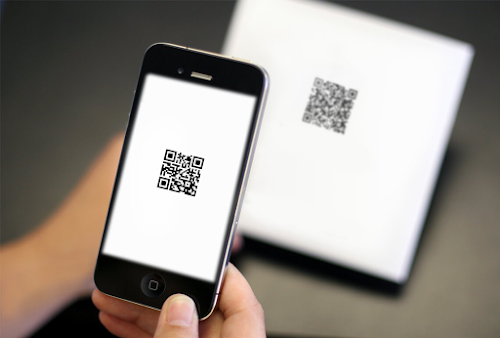If you’ve had your Smartphone device for a while, you’ve probably started to notice some lag that wasn’t there before. Apps load a bit slower, menus take a bit longer to show up and it takes much more time to get the work done. This is actually (and unfortunately) normal here’s why.
There are many reasons as to why are smartphones slow down over a period time. Some of them are mentioned below. Solutions to keep your phone running fast are also mentioned.
1.Operating System Updates
Your Android phone doesn’t have the same software it had a year ago (it shouldn’t, at least). If you’ve received Android operating system updates, they may not be as nicely optimized for your device and may have slowed it down. As these updates are optimized for newer devices that have better hardware configurations. Or, your Smartphone manufacturer may have added additional bloatware apps in an update, which run in the background and slow things down.
2. Updated Apps are heavier and require more resources
Even if you haven’t seen a single operating system update, the apps running on your device are newer. As developers gain access to faster smartphone hardware, games and other apps may be optimized for this faster hardware and perform worse on older devices. This is true on every platform: as the years go by, websites become heavier, desktop applications want more RAM, and PC games become more demanding. Developers add new features to their apps which require a lot of resources.
3. The background processes can slow things down
You’ve probably installed more apps as you continue to use your device, some of which open at startup and run in the background. If you’ve installed a lot of apps that run in the background, they can consume CPU resources, fill up RAM, and slow down your device.
Similarly, if you’re using a live wallpaper or have a large number of widgets on your home screen, these also take up CPU, graphics, and memory resources.
4. Full Storage leaves little room for the OS to Run
Flash Storage drives slow down a bit when they are getting full. So writing to the file system may be very slow if it’s almost full. This causes Android and apps to appear much slower. Cache files can consume quite a bit of storage space if allowed to grow unchecked, so clearing cache files can free up disk space and make your file system perform better (at least until those caches inevitably fill up again).
5.Battery Degradation
Your smartphone battery gets degraded over time and does not give you the same backup is it used to. This happens over many charge cycles and the battery starts resisting current which causes heating of the battery. If the temperature of the phone gets too hot thermal throttling kicks in which intern affects the performance from your SoC.
6.Other Issues
Electronic components inside your phone have a certain life cycle and can start to degrade over a period of time depending upon the usage patterns. Like the charging port with many charges, cycles might not be able to provide you with fast charging or a display of low quality might just not remain as responsive as it was.
Solutions to keep your phone running steady & fast
If your apps seem slow, try switching to “lite” versions of the apps you’re already using. Disable live wallpapers, remove widgets from your home screen, and uninstall or disable apps you don’t use. If you can’t uninstall it because it came with your device, disable it. Photos and videos that you’ve taken with your camera are going to be the largest culprit, so back them up and delete them from your phone often. Delete files you don’t need, and clear app caches to free up space. You can also just perform a factory reset and only install the apps you need to end up with a like-new device. Doing all of these can help you keep your phone running fast.
Stay Tuned for more updates & Allow notifications to get notified whenever I post a new update.








Comments
Post a Comment